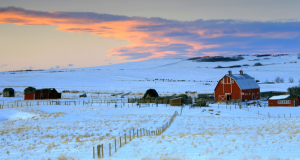
Wrapping Up The Year With The 2021 Organic Sector Survey Report
Season’s Greetings! Another year is coming to a close, and despite the uncertain times we are living in, organic producers are still paving the way to a more sustainable future.
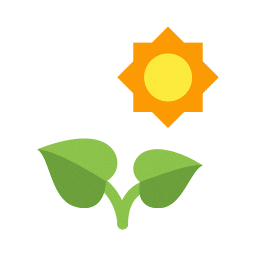

Season’s Greetings! Another year is coming to a close, and despite the uncertain times we are living in, organic producers are still paving the way to a more sustainable future.

A collection of updates from Canada’s organic sector, including agricultural policy priorities and consultations.
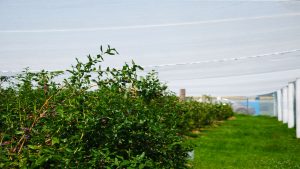
Dubois Agrinovation designs a greenhouse shelter and anti-insect nets to protect small fruit crops in organic production.

Prairie Heritage Seeds Organics are one of the pioneering organic grain producers in Western Canada. They confirm that the link between organic research and organic production is essential.
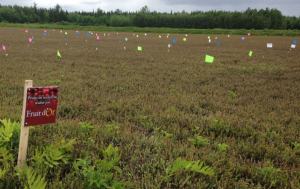
Fruit d’Or supports research to value the use of organic cranberry residues for chicken welfare. Also announcing Organic Week and a call for a Canadian Organic Program.
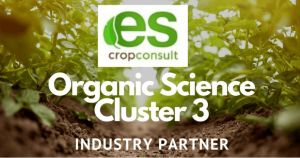
ES Cropconsult supports the organic approach to horticulture and contributes to the Organic Cluster’s research on integrated pest management for wireworm.
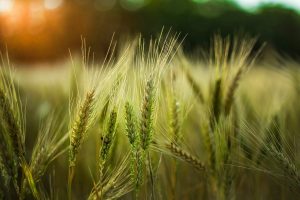
The role of Organic Agriculture in Mitigating Climate Change. Dr. Andrew Hammermeister describes how organic agriculture is becoming a platform for ecological innovation.
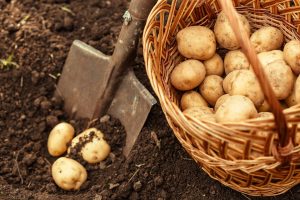
All it takes is one sprout to make a potato unmarketable. A farmer can grow a crop and harvest beautiful, undamaged tubers, then lose the entire crop if it starts to sprout.
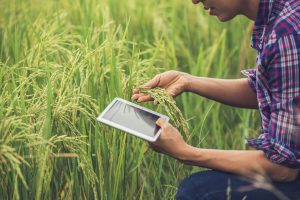
We have all heard how food systems contribute a large share of global greenhouse gas emissions. In the fight against climate change, how do organic production systems compare?
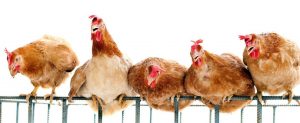
COS 2020 Roosting requirements. The requirements for roosting vary depending on the age of the birds and whether they are housed in a single or multi-tier rearing housing system.

Cover crops in organic vineyards provide essential services such as water infiltration, carbon sequestration, soil nutrient supply, weed and pest suppression, and marketing opportunities.
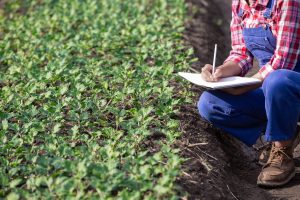
Highlights from this report reveal that in California, government programs pay three-quarters of the cost of organic certification, allowing organic produce prices to remain competitive with their conventional counterparts.